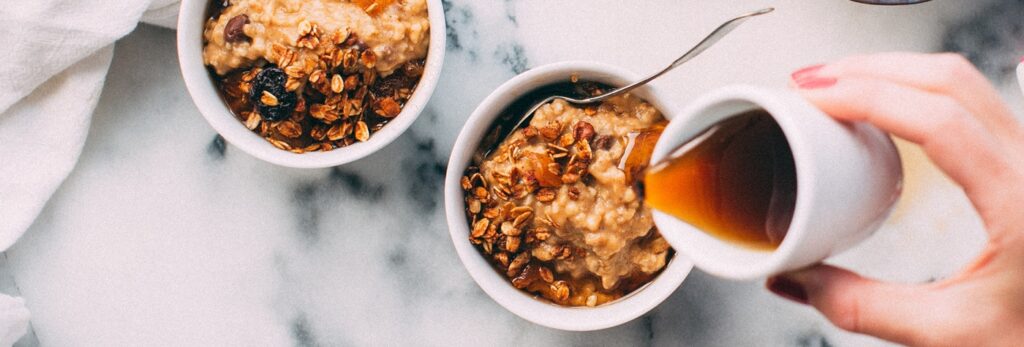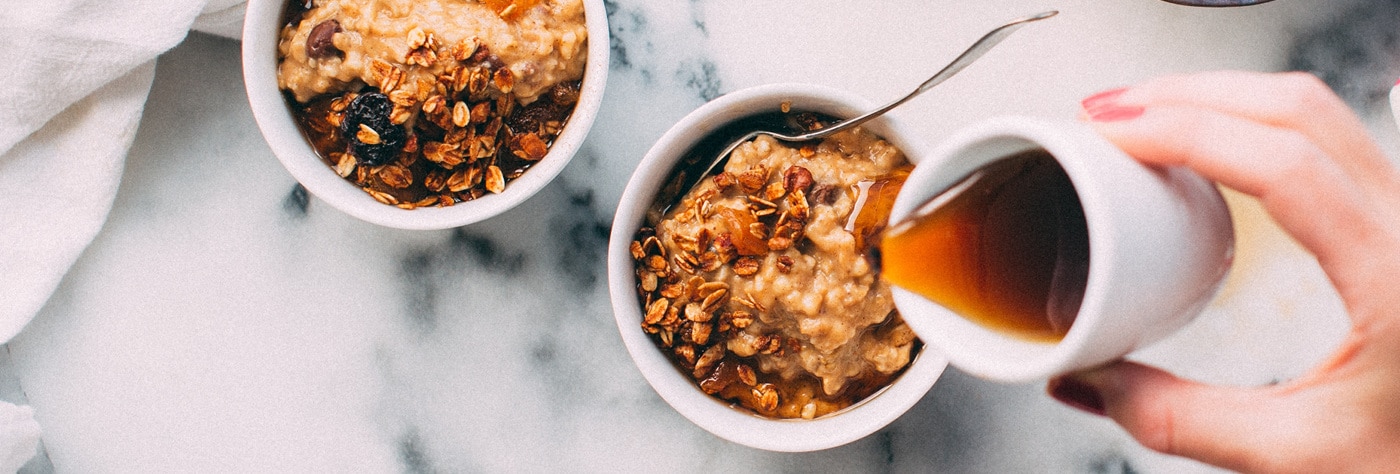
Is Honey in Coffee Good? Exploring the Sweet Spot
The simple act of adding something sweet to your coffee is a ritual for many, a comforting start to the day. But while sugar and artificial sweeteners have dominated the coffee-sweetener landscape for decades, a natural alternative has been steadily gaining traction: honey. The question, however, remains: is honey in coffee good? This article delves into the nuances of this pairing, exploring its potential benefits, drawbacks, flavor profiles, and practical considerations. We’ll examine the science, the sensory experience, and the practical applications to help you decide if honey is the right sweetener for your daily brew.
The Appeal of Honey: Beyond Simple Sweetness
Honey, a product of diligent bees, offers more than just sweetness. Its composition is complex, varying depending on the floral source but generally including sugars (primarily fructose and glucose), water, and trace amounts of vitamins, minerals, and antioxidants. This inherent complexity is a key factor in its appeal. Unlike the stark sweetness of refined sugar, honey imparts a more nuanced flavor, adding depth and character to coffee. The type of honey significantly influences the taste; clover honey offers a mild sweetness, while buckwheat honey provides a bolder, more molasses-like flavor. Understanding these flavor variations is crucial when deciding if honey in coffee is good for you.
Potential Benefits: A Healthier Alternative?
From a nutritional standpoint, honey offers some advantages over refined sugar. While both are primarily composed of simple sugars, honey contains trace amounts of beneficial compounds. These include:
- Antioxidants: Honey is rich in antioxidants, which can help protect your cells from damage caused by free radicals. The level of antioxidants varies depending on the type of honey.
- Antibacterial Properties: Some types of honey, particularly Manuka honey, possess antibacterial properties. However, the concentration in a single cup of coffee is unlikely to provide significant health benefits in this regard.
- Potential Anti-inflammatory Effects: Some studies suggest honey may have anti-inflammatory properties, though more research is needed to fully understand these effects.
In the context of coffee, the potential benefits of honey are primarily related to its nutritional profile. If you’re trying to reduce your intake of refined sugar, honey can be a viable alternative. However, it’s important to remember that honey is still a sugar and should be consumed in moderation. Is honey in coffee good *for your health*? Potentially, but it’s not a health food miracle.
Flavor Profiles: A Symphony of Sweetness and Complexity
The interaction between honey and coffee is a complex dance of flavors. The sweetness of honey complements the bitterness of coffee, creating a balanced and nuanced taste profile. However, the specific flavors that emerge depend on several factors:
- Type of Honey: As mentioned earlier, the floral source of the honey significantly impacts its flavor. Clover honey is a safe bet for those new to the combination, offering a mild sweetness that doesn’t overpower the coffee. Buckwheat honey, on the other hand, adds a dark, robust, and almost earthy flavor that pairs well with stronger coffee roasts. Acacia honey is known for its delicate floral notes.
- Type of Coffee: The roast level and origin of the coffee beans play a crucial role. Lighter roasts tend to have more acidity and can be complemented by the balanced sweetness of honey. Darker roasts, with their inherent bitterness, can be balanced by the bolder flavors of darker honeys.
- Ratio: The amount of honey used will dramatically alter the taste. Start with a small amount (half a teaspoon) and adjust to taste. Overdoing it can result in an overly sweet and cloying beverage.
Experimentation is key. Try different types of honey with different coffees to discover your preferred flavor combinations. Ultimately, is honey in coffee good is a matter of personal preference, and finding the right balance is the key.
Potential Drawbacks: What to Consider
While honey offers several potential advantages, it’s important to consider its drawbacks:
- Calories: Honey is calorie-dense. Adding honey to your coffee will increase the overall calorie count of your beverage. This should be a consideration for those monitoring their calorie intake.
- Blood Sugar: Honey can cause a spike in blood sugar levels, although it may be slightly less pronounced than with refined sugar due to its fructose content. Individuals with diabetes or insulin resistance should monitor their blood sugar carefully when consuming honey in coffee.
- Processing: Some commercially available honeys are heavily processed, which can diminish their nutritional value. Opt for raw, unfiltered honey whenever possible to maximize the benefits.
- Taste Preference: Not everyone enjoys the taste of honey in coffee. Some people find the flavor combination unappealing, so this is very much a matter of personal taste.
Before deciding if *is honey in coffee good* for you, weigh these drawbacks against the potential benefits and your personal preferences.
Practical Considerations: How to Incorporate Honey into Your Coffee Routine
Adding honey to your coffee is relatively straightforward. Here are some tips for optimal results:
- Temperature: Honey dissolves more readily in warm liquids. If you’re using cold brew, it may be helpful to dissolve the honey in a small amount of hot water before adding it to your coffee.
- Stirring: Stir thoroughly to ensure the honey is fully dissolved.
- Timing: Add the honey after brewing your coffee, rather than before. This allows you to control the sweetness level more accurately.
- Storage: Store honey in a cool, dark place to preserve its flavor and nutritional value.
Considering these simple steps will help you get the most out of your honey-coffee experience. The ease of integration is a major plus when deciding if honey in coffee is good for your lifestyle.
Honey in Coffee: A Verdict
So, is honey in coffee good? The answer is nuanced. From a flavor perspective, honey offers a complex sweetness that can elevate the coffee-drinking experience. From a nutritional standpoint, it provides some advantages over refined sugar, including antioxidants. However, honey is still a sugar, and its impact on blood sugar levels and calorie intake must be considered. Ultimately, the decision of whether or not to use honey in coffee is a personal one, influenced by taste preferences, health goals, and lifestyle choices. Experiment with different types of honey and coffee to find the perfect balance for your palate. [See also: Coffee Brewing Methods and Their Impact on Flavor]
Alternatives to Honey in Coffee
If you are not a fan of honey in coffee, or are looking for alternatives, here are some other options:
- Maple Syrup: A natural sweetener with a unique flavor profile.
- Stevia: A natural, zero-calorie sweetener.
- Monk Fruit: Another natural, zero-calorie sweetener.
- Sugar: The classic choice, but consider the health implications.
- Artificial Sweeteners: Options like sucralose or aspartame, but be mindful of potential health concerns.
[See also: The Best Coffee Beans for Different Brewing Methods]
Final Thoughts on Honey and Coffee
The pairing of honey and coffee is a testament to the endless possibilities within the world of flavors. Whether you’re seeking a healthier alternative to sugar or simply looking to enhance the taste of your morning brew, honey offers a compelling option. By understanding the different types of honey, the potential benefits and drawbacks, and the practical considerations, you can make an informed decision about whether adding honey to your coffee is the right choice for you. The answer, ultimately, lies within your own cup. Is honey in coffee good? Only you can decide.


